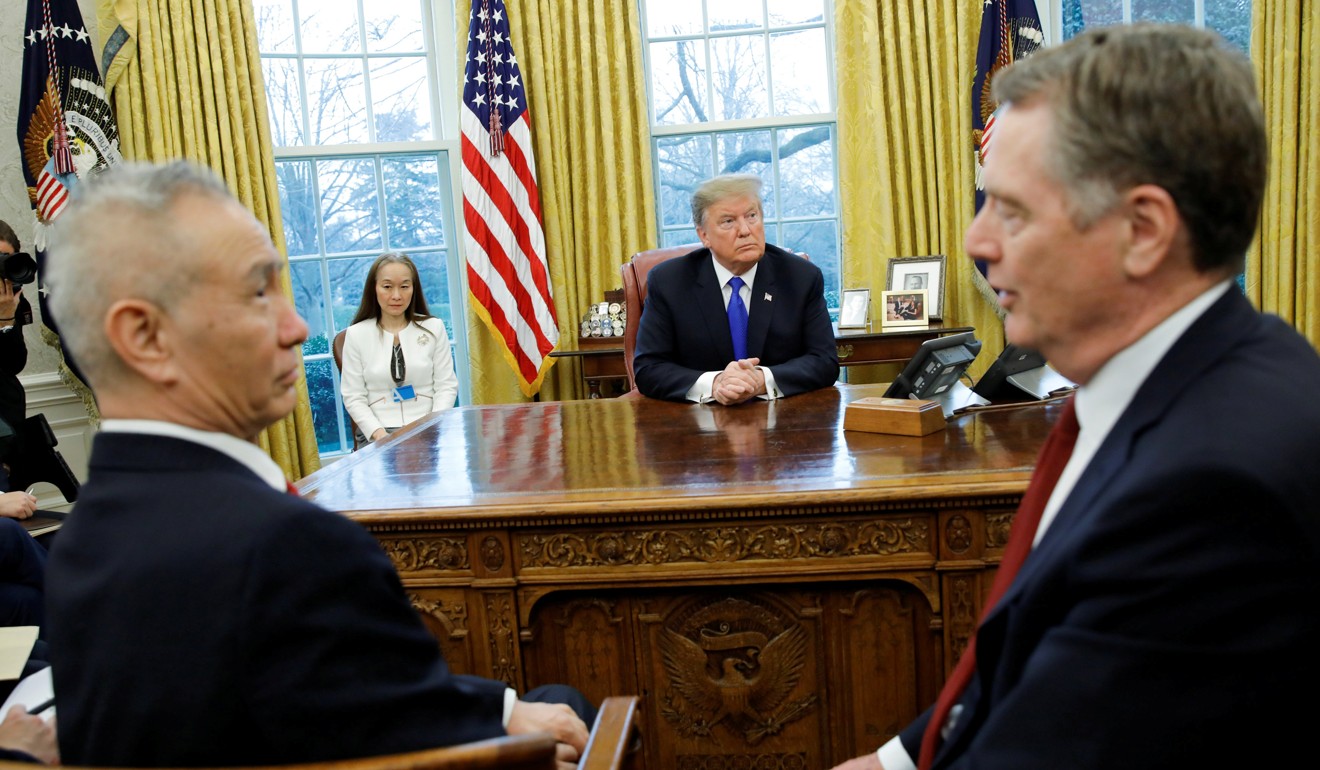
China and the US were never going to live happily ever after, so Donald Trump brokered the best divorce he could
- China’s world view is shaped by a desire for stability and its narrative of a ‘century of humiliation’ at the hands of foreign powers. It is unlikely to yield much to the US
- Trump and his team understand this, which is why they sought to extricate the US from a deep trading relationship with China
But both dates are late by a couple of centuries. Today’s trade war began in the 1700s, if not earlier. So, we’ll come back to Trump in a little while.
I’m going to have to condense those two centuries, so forgive me if I miss some details. Today’s trade war has its roots in the growing arrival of European traders on China’s coast in the 1700s. The Industrial Revolution was under way in western Europe by mid-century, and governments there were in the process of transforming how states interacted, both diplomatically and with regard to trade.
Their vision was one of largely egalitarian relationships. The Europeans – including Britain – eventually sought this transformation with China.
This hardly appealed to the Qianlong emperor. China had occupied the centre of the world for centuries. Emperors placed stability above practically all else and maintained a tribute system that guided relations with foreigners.
“Barbarians” showing up with ideas that might reduce the emperor to something more or less equal to other heads of state and allow them more access to China on more favourable terms weren’t welcome.

World views in any culture are hard to change, let alone one of a billion-plus people that’s millennia old. This isn’t limited to China. Americans regularly invoke their founding fathers and written constitution to provide intellectual and moral gravitas to their arguments.
So, Americans are kidding themselves if they think China’s leaders will change long-held views of how things ought to be just to end the trade war. Alongside Beijing’s world view is that national memory of China being pushed around, which they aren’t about to let happen again.
To rise above trade war, China must let go of its ‘century of humiliation’
Will trade deal make the US dollar weaker, as Trump wishes? Maybe
Trump the candidate knew in his gut that business as usual had to stop. Lighthizer knew it too and had ideas developed over decades about how to stop it.
They believed Beijing was blocking US access to Chinese markets and stealing American intellectual property. Why wouldn’t the US economy be better by ending that and returning the rule of law to a space from which it had been chased out?

Aiming broadly at that objective, Trump and Lighthizer, borrowing a little Chinese trade secret, have been feeling the stones as they make their way across the river. Beijing, used to Americans who state clearly what they want and how they plan to get it, has largely been at a loss over how to deal with Trump’s muddling along.
But three years of just that have given American businesspeople ample time to make whatever moves they think necessary to deal with the new bilateral reality. If Trump had brought in a divorce lawyer instead of Lighthizer in 2017, the result would have been a much clearer mess.
Instead, the sky hasn’t fallen. The US economy is doing well and stock markets are at all-time highs. Those who were making good money in and around US-China trade might not like what Trump is doing, but it clearly has been good for much of the US economy.
What the future holds is anyone’s guess, but either of these great nations trying to force its system on the other won’t lead back to the happy days of win-win trading that never existed. Figuring out how to live with a new bipolar reality will be one of the largest challenges for world leaders in the decades ahead.
Robert Boxwell is director of the consultancy Opera Advisors

